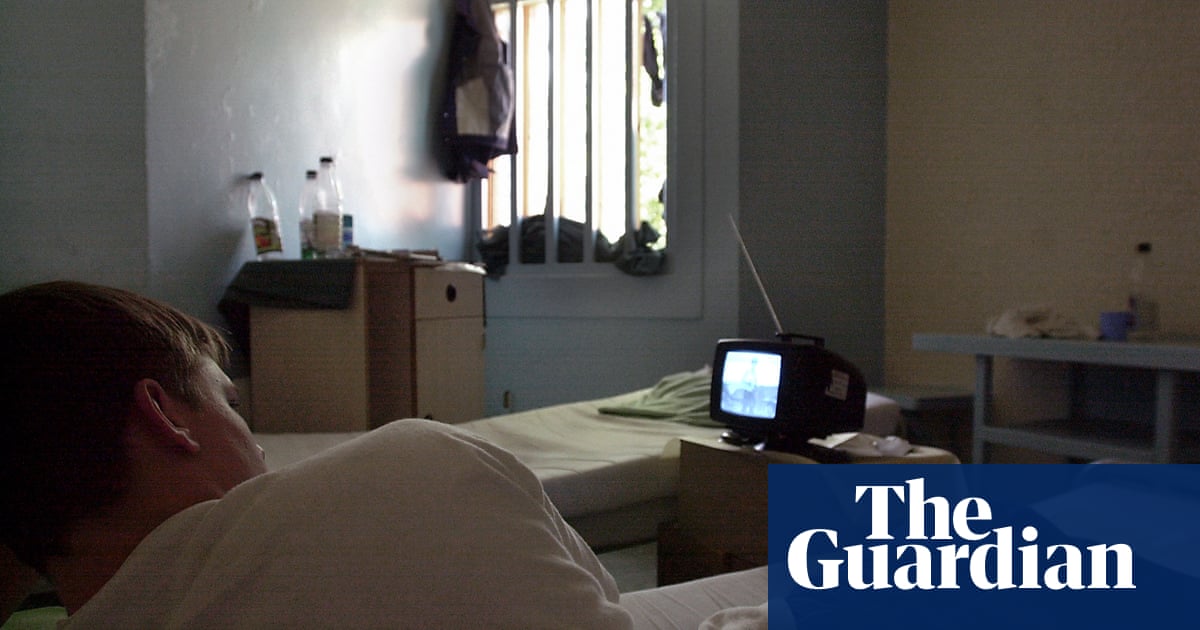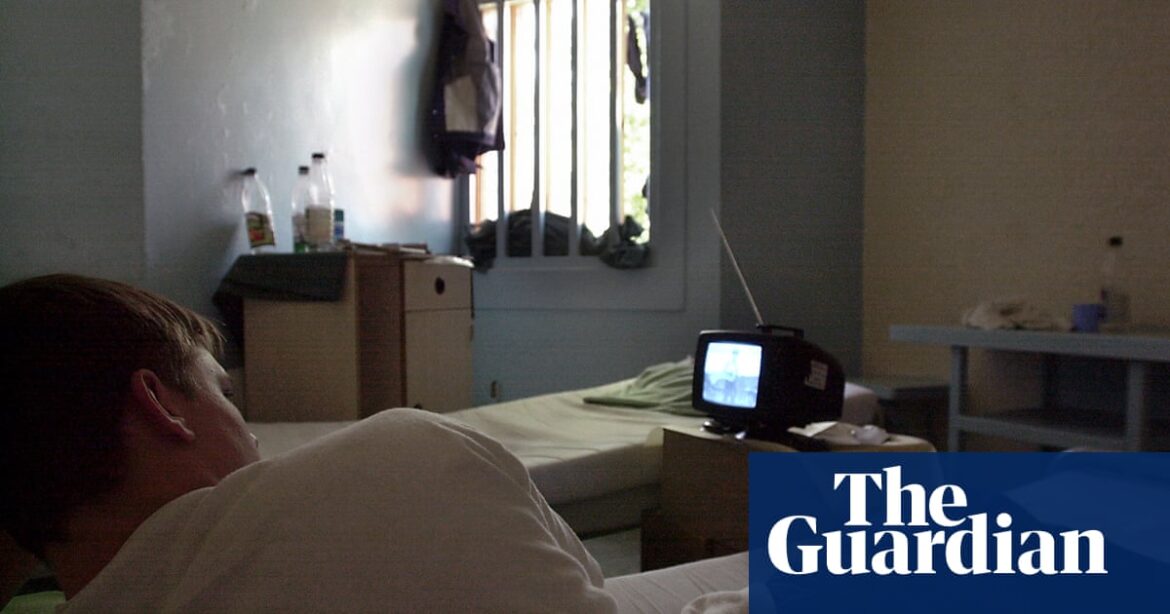
Children in youth offender institutions (YOIs) are being denied access to education, with too many being kept in their cells as staff struggle to keep warring youngsters apart, a damning new report has found.
It documents a worrying decline in the quality and quantity of education provided to 15 to 18-year-olds in YOIs over the last decade despite a sharp drop in the number of children being held in custody.
In the most extreme cases children are incarcerated in their cells for up to 23-and-a-half hours a day because of a deterioration in the ability of YOI staff and teachers to manage challenging and sometimes violent behaviour.
While children in YOIs are meant to receive at least 15 hours of education a week – less than half what their peers in schools receive – in reality many get far less, the joint review of YOI education by the head of Ofsted, Sir Martyn Oliver, and the chief inspector of prisons, Charlie Taylor, says. Lessons are frequently cancelled because there is no teacher or escort to get them to class.
Severe staff shortages, poor-quality resources and a lack of training and qualifications among staff mean that the 400-plus children in custody, are “receiving a poor education that fails to meet their needs”, it concludes.
The classes they are put into often have little to do with their educational needs or interests, but are determined by a “labyrinthine” system of “keep aparts” or “non-associations”, designed to keep children who are in conflict away from each other.
In one YOI, inspectors found 388 “keep apart” arrangements in a population of just 89 children, according to the report, rendering movement around the building near impossible.
When they do make it to lessons, too often children are kept occupied doing wordsearch puzzles or colouring in, rather than engaging in learning that might help them after they are released.
The review is based on 37 joint inspections by Ofsted and the prisons inspectorate of the four YOIs in England – one of which has since been closed down – across a 10-year period from June 2014 to March 2024.
Oliver said: “I am deeply concerned by these findings. The children in these institutions are entitled to a high-quality education that supports them to turn their lives around. The system is failing them.”
Taylor described the report as “depressing” and said many children in custody have not been in school for years because they have been excluded or have truanted. A quarter have been in care and many have learning difficulties or other neurodivergent needs.
He added: “Their time in custody should be a golden opportunity to begin to fill in some of these educational gaps – assess what they need to learn and provide high-quality teaching so that, when they leave, they are in a better position to avoid a return to custody.
“Too often, our colleagues in Ofsted find that attendance is very low, behaviour is not good enough, the curriculum is not suitable and the quality of teaching is poor.”
Jon Collins, the chief executive of the Prisoners’ Education Trust, said the report’s findings were shocking but not surprising. “More of the same is simply unacceptable if we want to give these young people the skills and qualifications they need to have a chance in life.”
The minister for youth justice Nic Dakin said: “This government has inherited a criminal justice system in crisis, and these damning reports highlight the unacceptable strain that has been placed on the youth estate for too many years. We are determined to tackle these challenges head on – giving staff the support they need to reduce violence, increase access to education and help these children turn their lives around.”
Source: theguardian.com



